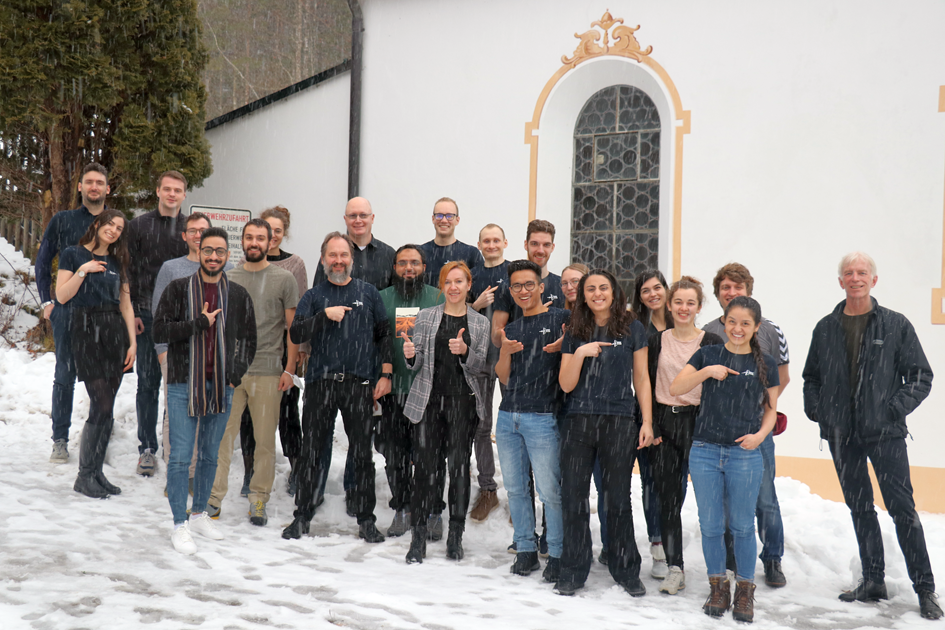Events Overview GRK 2250/2 Winter Workshop 2022
GRK 2250/2 Winter Workshop 2022
-
08. – 11.02.2022
-
Grainau, Germany

The 2022 edition of the Winter Workshop for the second cohort of the GRK-2250 was held in Grainau, Bavaria, on the 8th to 11th February 2022. It was an exceptional opportunity for all the participants to finally meet in person, after the long pandemic period, which forced the group to switch all the research workshops and schools online, over the last 2 years. Nonetheless, the Workshop took place in a hybrid form, fostering the best participation possible, and important efforts were devoted on site to fulfil the compelling standards for a safe and pleasant forum.
The workshop was centred on the presentations delivered by the doctoral researchers of the GRK2250 about the most recent research advances achieved in their individual projects, and on the new cross-disciplinary collaborations triggered with the precious contribution of the Associated Members.


During the workshop, we had the privilege to host three international lecturers, namely Prof. Karen Scrivener, from EPFL Lousanne, Switzerland, Prof. Alva Peled, connected online from the Ben Gurion University, Israel, and Prof. Michael Havbro-Faber, from the University of Aalborg, Denmark. Our pool of invited experts also included Prof. Anna Pandolfi (Politecnico di Milano, Italy), Prof. Eric Jacques (Virginia Tech, USA) and Prof. Marco di Prisco (Politecnico di Milano, Italy), who attended the workshop online and interacted with our doctoral and post-doc researchers and their supervisors during the ordinary sessions and within dedicated individual consultation sessions.
Prof. Scrivener delivered a comprehensive keynote lecture on the opportunity of replacing ordinary Portland cement in concrete with sustainable binders, deriving from largely available and less impactful sources. Spotlight was set on the development of limestone calcined clay cements (LC3), which represents a great opportunity for mitigating the dramatic impact of cement production, which currently contributes by around the 8% of the overall carbon dioxide emissions in the atmosphere.
Prof. Peled presented cutting-edge recent research on Textile Reinforced Concrete, involving pilot studies on the optimisation of the mechanical behaviour of thin composite structures, compelling durability issues and topological optimisation of composite beams.




